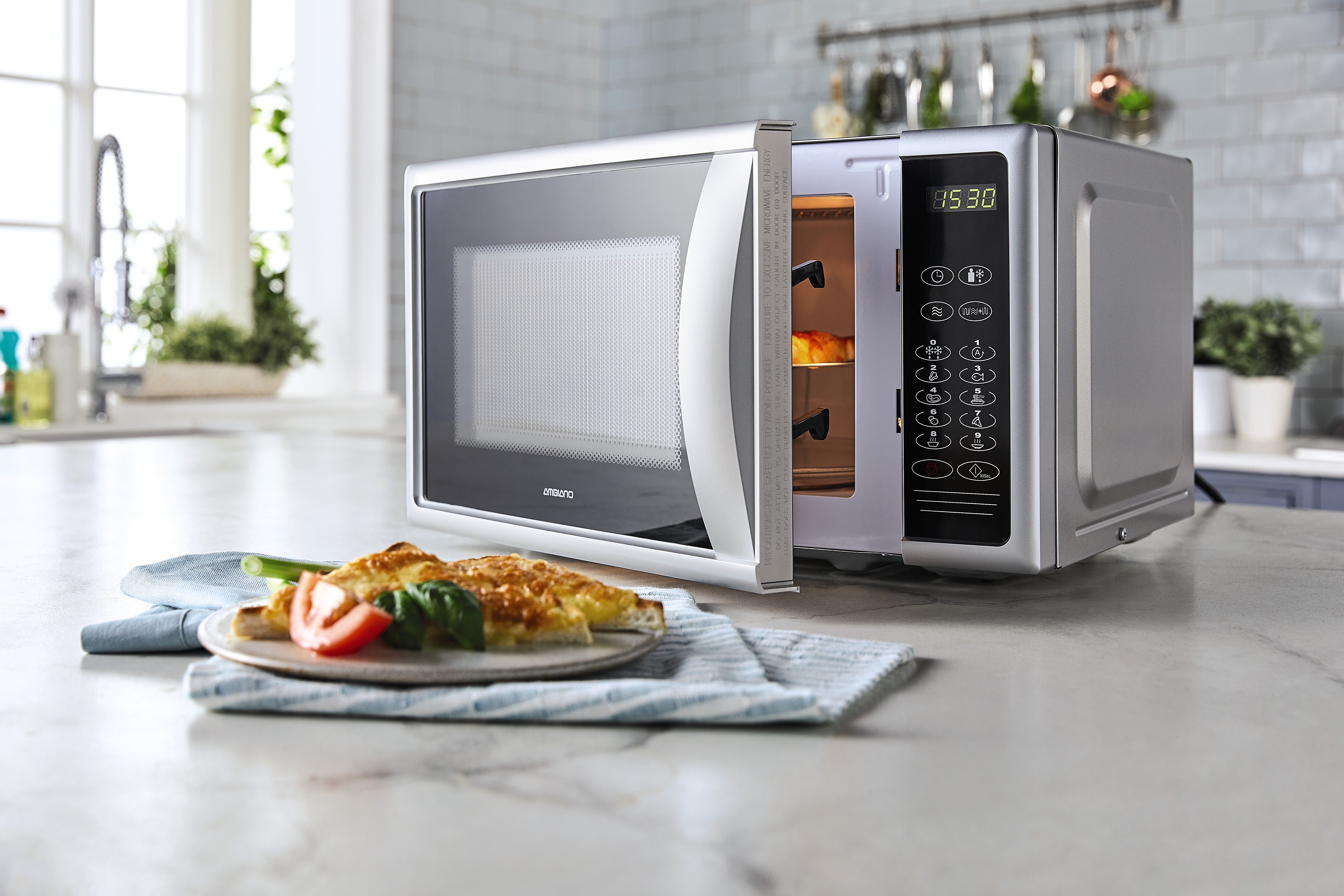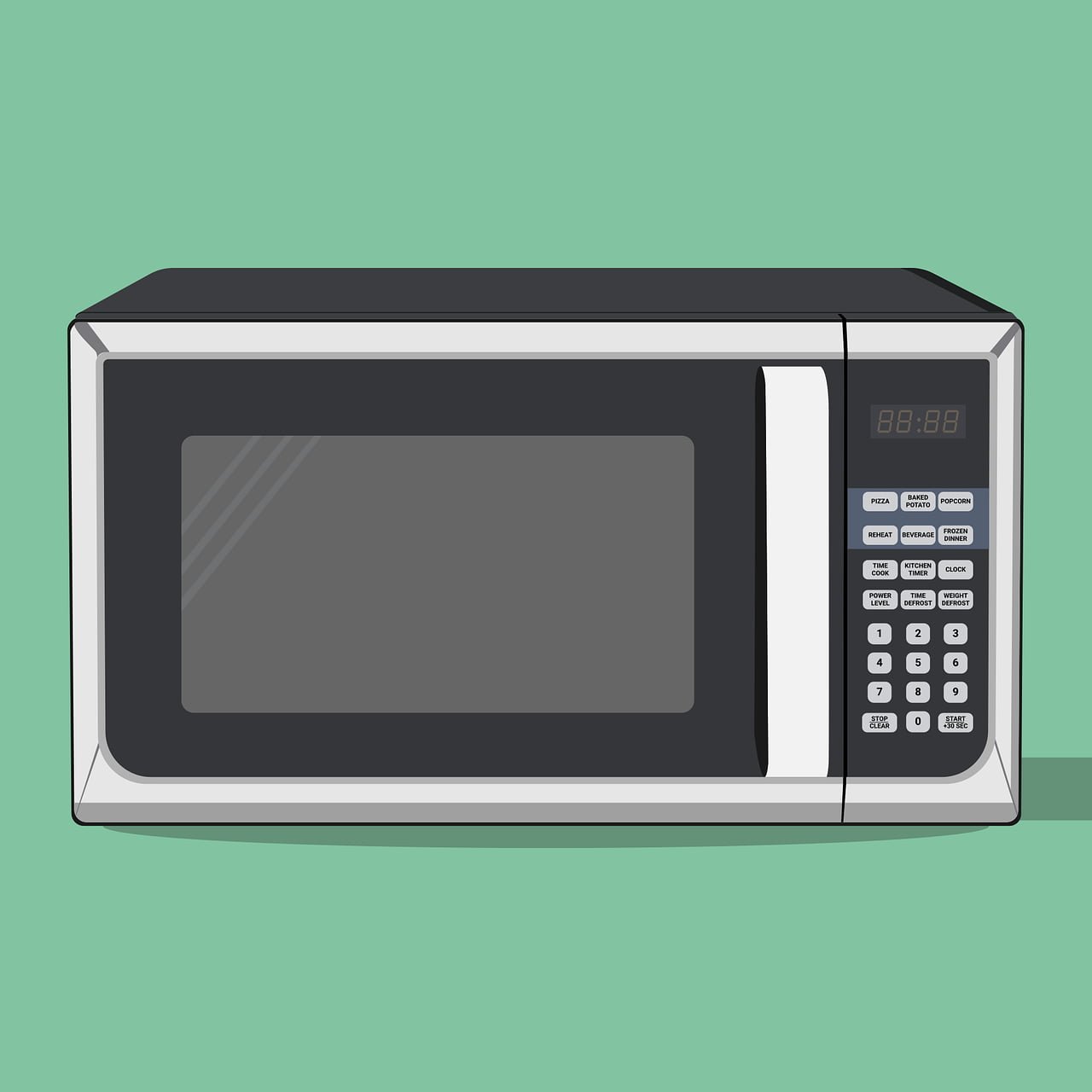Microwaves have become a staple in modern kitchens, offering convenience and speed that was unimaginable just a few decades ago. They’ve revolutionized the way we cook and reheat food, but with that convenience, there have also been concerns about their safety. At TheKitchenApplianceDad.com, we understand that your family’s health and safety are paramount, and it’s important to dispel myths and present the facts. In this post, we will explore the question that has been on many people’s minds: Are microwaves actually toxic?
Before we can address the concerns surrounding microwave ovens, it’s essential to understand how they work. Microwaves use electromagnetic radiation to heat food. This radiation excites water molecules within the food, causing them to vibrate and produce heat, which cooks the food. This process is quick and efficient but has led to some misconceptions about the nature of microwave radiation.

It’s critical to distinguish between different types of electromagnetic radiation. The radiation used in microwave ovens is non-ionizing, which means it does not have enough energy to remove tightly bound electrons from atoms or molecules. This is in contrast to ionizing radiation, such as X-rays or gamma rays, which can be harmful to human tissue and DNA.
Now that we have a basic understanding of how microwaves work let’s address some common myths about their safety.
This is perhaps the most pervasive myth about microwave ovens – the idea that they irradiate food, making it radioactive. This is simply not true. As mentioned earlier, the microwaves emitted by these appliances are non-ionizing. They do not make the food, the oven, or anything else radioactive. Once the microwave is turned off, no radiation lingers in the food or the appliance.
All cooking methods alter the nutritional profile of food to some extent. The truth is, microwaving can actually preserve nutrients better than some traditional cooking methods, like boiling, where water-soluble vitamins can be lost in the cooking water. Since microwave cooking often uses less heat and shorter cooking times, it can actually help retain more nutrients in some cases.
Some people fear that microwaving food in plastic containers can release harmful toxins into the food. This concern is not entirely unfounded, but it’s not the microwave itself that’s the issue – it’s the type of container used. To mitigate this risk, always use microwave-safe containers and avoid plastics that are not intended for microwave use, as they can break down and potentially release chemicals.
To ensure the safe use of your microwave, follow these guidelines:
Numerous studies have investigated the impact of microwave cooking on food safety and nutrient retention. The consensus in the scientific community is that microwave ovens, when used correctly, are safe and do not make food toxic.
The World Health Organization (WHO) and the United States Food and Drug Administration (FDA) both provide detailed information on the safety of microwave ovens and dispel many of the myths surrounding them. They maintain that there is no evidence to suggest that microwaving food poses health risks different from those associated with any other cooking method.
As a family-centric blog, TheKitchenApplianceDad.com also wants to address concerns about children and microwave use. Teaching children microwave safety is important to prevent burns and accidents. Children should be supervised when using microwaves until they are old enough to understand how to use them safely. Additionally, instill in them the habit of using microwave-safe containers and being cautious when removing heated food to avoid steam burns.
While the focus of this post is on health and safety, it’s also worth briefly touching on the environmental aspect of microwave use. Microwaves can be more energy-efficient than conventional ovens, especially for small portions or for defrosting,which reduces overall energy consumption. However, it’s essential to dispose of old or broken microwaves properly, as they contain electronic components that can be harmful to the environment if not recycled correctly.
Microwaves have been an incredible addition to our kitchens, offering convenience without compromising the safety of our food. At TheKitchenApplianceDad.com, we believe that by understanding how microwaves work and following safety guidelines, you can confidently use this appliance without fear of toxicity. Cook safely, and enjoy the extra time you save with your family!

